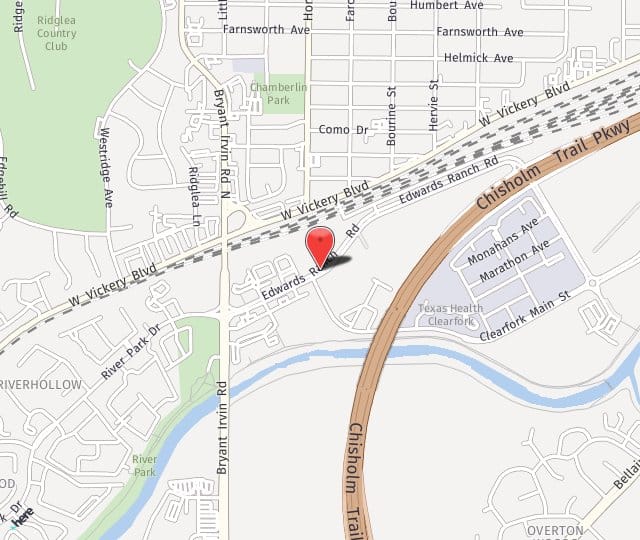 Lymphedema is a sneaky culprit that can be dangerous if it goes untreated. But, with an aggressive plan and proper management, you can lead a quality life.
Lymphedema is a sneaky culprit that can be dangerous if it goes untreated. But, with an aggressive plan and proper management, you can lead a quality life.
What Causes Lymphedema?
Lymphedema is a result of the fluid in your body not draining correctly. The buildup of excess fluid causes parts of your body to swell, such as your arms and legs, but it can also happen in your chest, neck, and abdomen.
Lymphedema may also be a by-product of cancer treatments or lymph node removal surgery. In which case, fluid buildup occurs and can cause your body problems.
Risk Factors for Lymphedema
While there isn’t a guaranteed way to prevent Lymphedema, knowing what puts you at risk is critical in creating a plan of intervention.
Risk factors for Lymphedema include:
- Being overweight
- Advanced age
- Psoriatic Arthritis
- Rheumatoid Arthritis
- And radiation-based cancer treatments
Is Lymphedema Fatal?
If it goes untreated, Lymphedema can be fatal. In its later stages, Lymphedema creates other complications like cellulitis, sepsis,
However, you can drastically reduce your risk of Lymphedema-related death with proper management and intervention.
Is there a Cure for Lymphedema?
Currently, there is no known cure for Lymphedema, but there are several actions that you can take to manage it.
First, be sure to exercise and maintain a healthy weight.
Getting exercise and staying active helps your body move lymph fluid around. It also allows your body to drain the Lymph fluid and keep it from pooling.
Also, wearing compression clothing can help with Lymphedema. Compression clothing can evenly distribute pressure throughout your extremities by moving lymph fluid.
Naturally, it is vital to be fitted for your compression wear, as your doctor will determine the amount of pressure your body needs to combat Lymphedema.
In addition to compression wear and exercise, monitor your diet.
Steer clear of foods high in salt, and avoid caffeine. Limit your dairy intake as dairy can make Lymphedema symptoms worse.
Pay Attention to the Signs
Our bodies have a spectacular way of letting us know when something is wrong. Lymphedema is no different.
Pay attention to warning signals that may indicate Lymphedema is affecting you.
Some of the signs to look out for are:
- Swelling of your digits
- Discomfort
- Fibrosis
- And heaviness
If you’ve been experiencing any of these symptoms, getting help is crucial. Schedule a consultation with Dr. Oswalt at Fort Worth Vein Center. Call us today at (817) 536-9600.










